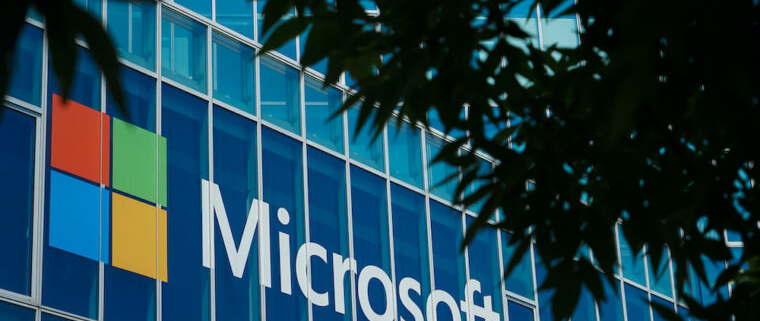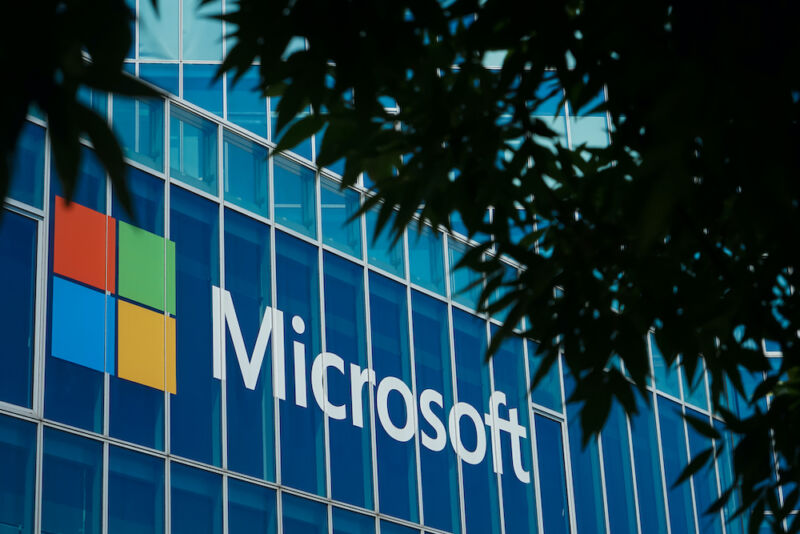Lurie Children’s Hospital faces computer network outage amid nationwide cybersecurity alert
Computer outage impacts Lurie Childrens Hospital
The Chicago areas largest childrens hospital is currently grappling with a computer network outage, coinciding with a nationwide alert regarding cyber attacks targeting hospitals.
CHICAGO – The Chicago area’s largest children’s hospital is currently grappling with a computer network outage, coinciding with a nationwide alert regarding cyber attacks targeting hospitals.
This is not the first time Lurie Children’s Hospital has faced data-related issues. Last year, the hospital experienced a leak of social security numbers, names, birthdays, and addresses.
Concerns arose on Wednesday morning when parents noticed online irregularities. A message on the hospital’s website indicates an ongoing network outage affecting the internet, emails, phone service, and access to MyChart, a platform crucial for patients containing important health information, the ability to schedule doctor’s visits, and details on upcoming procedures.
Sources informed FOX 32 that a memo was circulated, stating that phone, email, and online medical records were disabled as a precautionary measure.
While Lurie Children’s Hospital has not confirmed any hacking or compromise of their systems, an expert sheds light on potential scenarios.
“It could have been a ransomware attack, where you have a group of individuals who targeted an institution, shut down their system and said, ‘hey if you don’t pay me X amount, we’re not going to turn things back on.’ It could be foreign nationals, quite possibly the Chinese. I know that’s been floated recently in testimony this week before Congress. Their efforts to penetrate and be able to disable US infrastructure is becoming quite rampant,” said Ross Rice, former FBI agent.
Efforts to obtain clarification from Lurie Children’s Hospital about the situation have been made, but as of now, there has been no response.
An alert on the hospital’s website states that they are actively working to resolve the issue.



